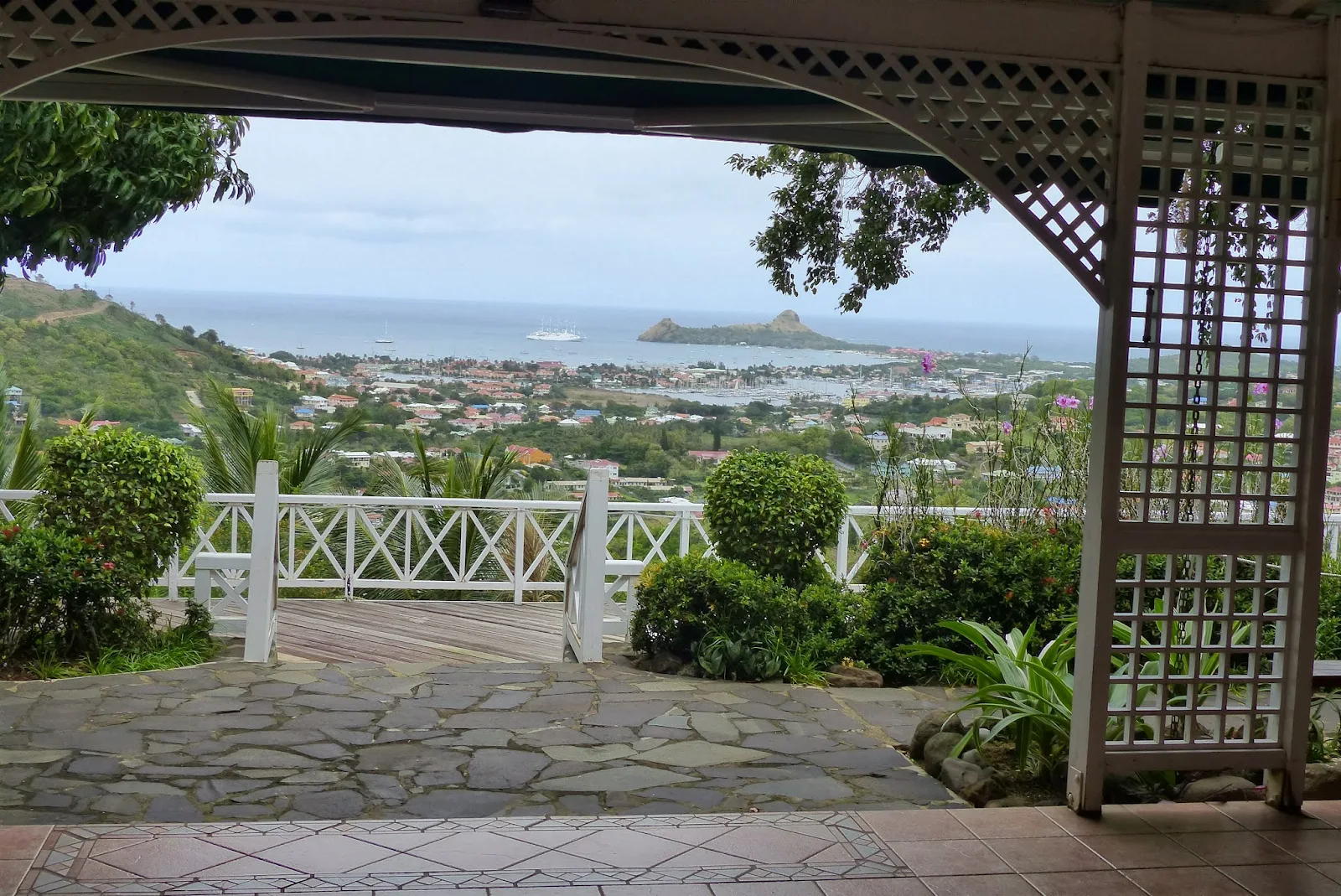The affidavit filed against Leland Yee described the way the FBI skillfully led Leland Yee on with the promise of easy cash in exchange for Yee's promise to commit a crime or two. The undercover agents were most persuasive and Yee's defense would likely have grounds to plea entrapment.
Whether the court will find that FBI had over reached in Yee's case remains to be seen when his case comes to trial. We do know that the FBI has a history of over zealous and bias prosecution of Chinese Americans.
The first major cause celebre was John Huang, at the time a member of the Clinton administration. President Bill Clinton’s political enemies sought all kinds of ways to embarrass him and bring him down. They accused Huang of raising illegal campaign funds from China and elsewhere from Asia to help Clinton get elected.
Huang was eventually allowed resign his post and fade away to his home in California. He was never charged and did not spend a day in jail but paid dearly in emotional stress, drastic reduction in net worth drained by legal bills and the dismay of seeing the dirty side of American politics.
Unlike John Huang who was an enthusiastic campaign fundraiser because he thought he was participating in the exercise of democracy, American style, Norman Hsu simply ran a con by pretending to be a legitimate bundler of big donors. His ability to get closer to major political candidate, such as Hillary Clinton, gave him credibility that enabled him to operate a Ponzi scheme. He is now in jail.
Wen Ho Lee also spent 10 months in jail based on evidence fabricated by the FBI, even though he didn’t conduct any of the activity he was accused of doing. He was clearly a victim of racial profiling and the desire of Clinton’s political opponents to use anti-China sentiments to embarrass the administration.
In the end, the presiding judge had to apologize to Lee for government misconduct, but nonetheless to justify Lee’s 10 months of solitary confinement, Lee had to plead guilty to unauthorized downloading of confidential information.
Even when the government makes a mistake, the victim pays. The usual approach is to force the victim to plead guilty to some misdemeanor in exchange for freedom and thus justify judicial abuse.
The most recent example was the Bo Jiang case in Virginia. The FBI took him off the departing plane and put him in detention After seven weeks in jail, the government had to let him go because they did not find any evidence of illegal activity except for xenophobic accusations by Congressman Frank Wolf. Jiang had to plea guilty to downloading pornography into his government computer in exchange for the jail time already served before he was allowed to go home to China.
Like Bo Jiang, Dr. Su Haiping was a subcontractor doing work for NASA in Moffett Field in Mountain View. The FBI asked him to take a lie detector test and then abruptly escorted him off the premises. NASA asked that his employment be terminated, but his employer, a NASA contractor refused, because they could not find any fault in Su’s work. Su is now suing the U.S. government for his treatment and when he wins, it will be a major historic event.
Probably the most shameful in the annals of FBI misconduct and government prosecutorial abuse was the case involving Denise Woo, at the time one of FBI’s own agents. Her superior took offense when she indicated that her undercover work could not substantiate his suspicion of the surveillance target being a spy.
Instead of dropping the investigation, he had her prosecuted for allegedly abetting the enemy agent despite failing to find any evidence that the target was an agent of any kind. Woo had to cop a misdemeanor plea in order to get on with her life, albeit no longer employed by the FBI. As for her supervisor agent, JJ Smith, he was later forced to retire after he was found sleeping with Katrina Leung, otherwise known as the central figure of the Parlor Maid affair. To this day, the FBI could not decide as to which country Leung was spying on and for.
There are other cases where the FBI action against Chinese Americans is based on the presumption of guilt until proven innocent--exactly opposite of the due process according to law.
If you are a Chinese American and the FBI comes calling, it doesn't matter as to subject matter and whether you are the person of interest or merely a third party query, it would behoove you to have ready an attorney standing by advising you of your rights.

